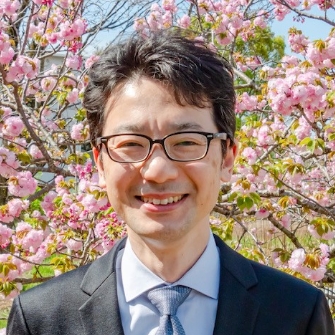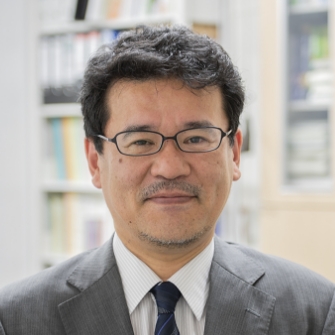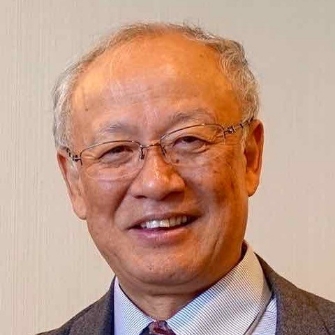Scientific Advisory Board

Masato Kanemaki, Ph.D. Professor, National Institute of Genetics
Read Bio

Masato Kanemaki, Ph.D. Professor, National Institute of Genetics
Masato received his Ph.D. in 2001 from Chiba University near Tokyo in Japan. He then moved as a postdoctoral fellow to Karim Labib’s group in what is now the CRUK Manchester Research Institute. Masato used degron technology to study all the essential genes of previously unknown function in budding yeast, leading to the identification of important new DNA replication factors that are conserved in all eukaryotes and archaea (Kanemaki et al, Nature, 2003). In 2006, Masato moved to Osaka University as an Assistant Professor, where he developed the auxin-inducible degron for use in animal cells and fungi, in collaboration with the groups of Tatsuo Kakimoto and Haruhiko Takisawa. In 2010, Masato moved to the National Institute of Genetics in Mishima, first as an Associate Professor and then from 2016 as a full professor. Masato’s group has applied the auxin degron to many areas of cell biology, focussing on chromosome replication and genome integrity in his own group, and collaborating with many other labs around the world. In 2022, Masato became a Professor at the University of Tokyo, whilst still keeping his lab at the National Institute of Genetics in Mishima.

Kohei Tsumoto, Ph.D. Professor, The University of Tokyo
Read Bio

Kohei Tsumoto, Ph.D. Professor, The University of Tokyo
Dr. Tsumoto is an expert in a protein engineering and studies interactions between biomolecules. He is very familiar with protein-protein interaction, proteomics, biophysics assays such as isothermal titration calorimetry (ITC), surface plasmon resonance (SPR), differential scanning calorimetry (DSC), differential scanning fluorescence (DSF), and microscale thermophoresis (MST), spectroscopic analysis including circular dichroism (CD), as well as mass spectrometry and crystal structure analysis. After receiving his Ph.D. at the University of Tokyo in 1995, he started his academic career at Tohoku University. In 2005, he appointed associate professor at The University of Tokyo, then he is playing multiple roles of a professor in Medical Proteomics Laboratory, the Institute of Medical Science (2010~), Institute of Industrial Science (2012~), and Faculty of Engineering (2013~). He awarded FujiSankei Business i Special Prize, Grand Prize for Frontier Technology: Pave a New Way for Creativity in 2020, Japan Society for the Promotion of Science Prize (2012), and others.

Tohru Fukuyama, Ph.D. Professor Emeritus, The University of Tokyo
Read Bio

Tohru Fukuyama, Ph.D. Professor Emeritus, The University of Tokyo
Dr. Fukuyama is an expert in organic chemistry in particular total synthesis of natural products. He succeeded the synthesis of more than 25 natural products, including tetrodotoxin, mitomycin C, Leinamycin, Vinblastine and Ecteinascidins which are complex structural alkaroides. After receiving his Ph.D. at Harvard University in 1997, he started his research career at Harvard University. During 1978-1995, he eagerly studied the chemistry as assistant professor, associate professor and professor at Rice University (TX, US). He came back to Japan in 1995 and took a post of professor at The University of Tokyo. After working 18 years there, he moved to Nagoya University in 2013 as a designated professor. He retired in 2018 and he appointed professor emeritus at The University of Tokyo. Now, he is giving professional advises to pharmaceutical companies as an independent consultant (TFOS Consulting). He awarded Medal with Purple Ribbon in 2009, The Pharmaceutical Society of Japan Award in 2006, ACS Award for Creative Work in Synthetic Organic Chemistry in 2004, and others.

